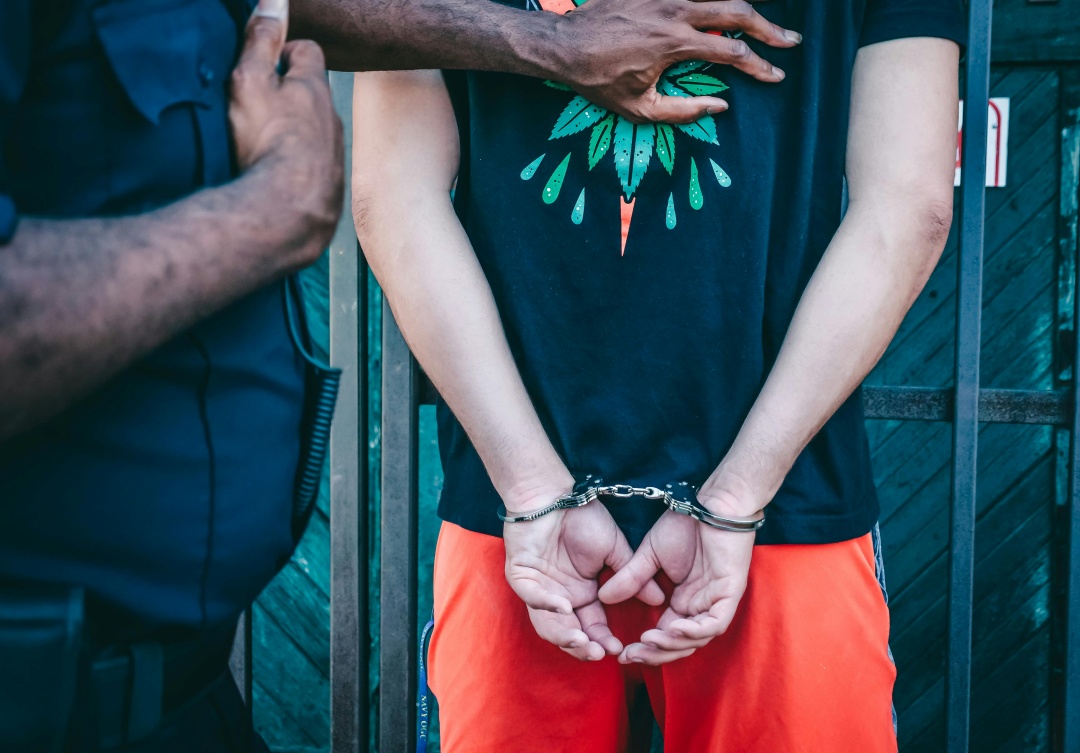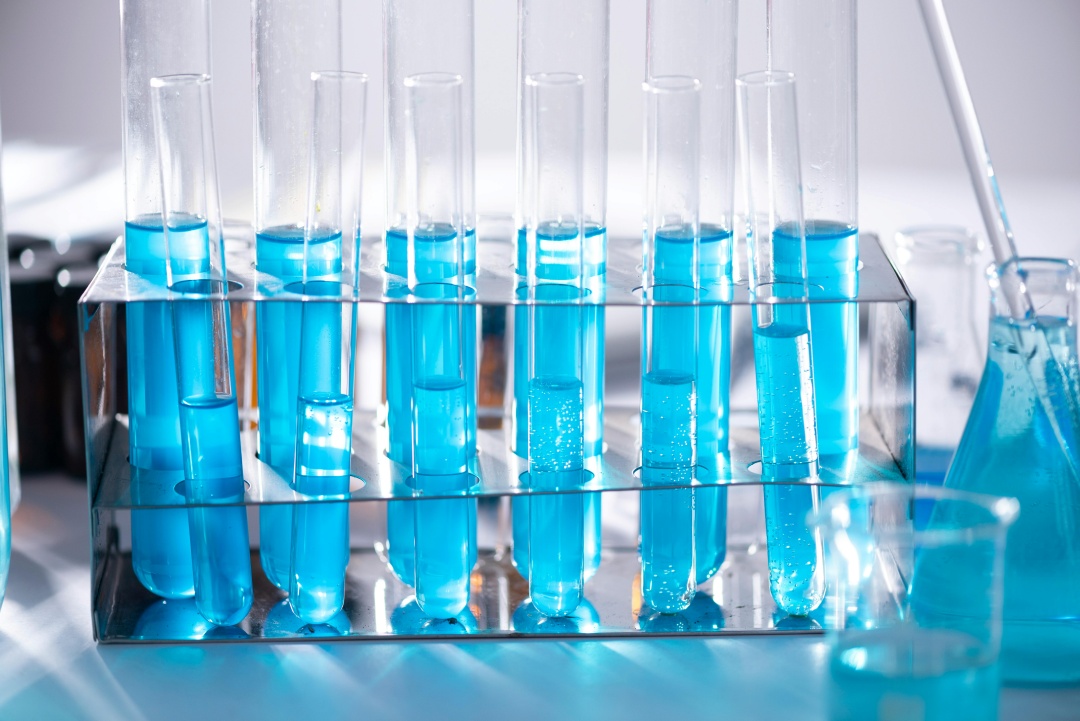
László Horváth's new, very strict proposal has over 10 points.Continue reading

The investigation into the drug laboratory found in Csepel (in Budapest) is ongoing, with three men being interrogated and taken into custody, reported Áron Jeney, Director of the National Investigation Office of the Counter-Terrorism Center.
Jeney, a police brigadier general, stated on Saturday that the police received a tip from the National Tax and Customs Administration. The investigation led to a 70-year-old man from Budapest who had ordered the packages. Through him, they identified another 72-year-old man from Pest County, both of whom were arrested on April 1st on suspicion of planning to produce drugs.
Jeney also reported that a 48-year-old man from Budapest had been identified as the group’s “chemist.” He was also interrogated and taken into custody.
Police conducted searches at the men’s homes and identified warehouses and facilities where various quantities and types of substances were found.
This led to the discovery of a chemical plant in Csepel, which was legally operating, but suspected of being involved in illegal activities. The substances found indicated illegal activity, Jeney added. Police seized nearly 100 kilograms of crystalline material with a market value of 500 million forints (1.2 million euros), as well as 7.5 tons of material from which drugs could easily be produced. If this were to hit the black market, its value would be 12 billion forints (29 million euros), Jeney noted.
On Monday, László Horváth, the government commissioner responsible for dismantling drug trafficking, revealed in a Facebook post that the suspects can defend themselves at large. The investigation is still ongoing at the factory site, and experts are being involved in the case. The area contains numerous chemical substances, which are being identified, and the process is expected to take several weeks.
During the investigation, assets were also seized, including 5.5 million forints (13,482 euros) in cash, 60,000 euros, bonds worth 30 million forints (73,538 euros), and documents related to drug production.
When asked about the legal production at the Csepel plant, Áron Jeney replied that the next stage of the investigation will reveal what the factory was legally and illegally producing, as well as identify the employees involved.
József Teleki, Director of the National Tax and Customs Administration’s Airport Directorate, mentioned that on March 6th,
customs officers discovered the “crystalline chemical substance” during an inspection of a package sent from Germany. Several packages arrived in Hungary, and samples were taken.
Laboratory tests confirmed that the packages contained a “crystalline substance” that, while not classified as a drug by its chemical composition, could easily be converted into drugs. He also pointed out that the exact name of the contents was not listed on the package or the shipping documents. Teleki added that customs officers inspected a total of 132 boxes, which contained a total of 3.5 tons of “crystalline material.”
On Friday, Horváth shared information about the drug seizure on social media. He stressed that never before has such a large quantity of “crystal” been seized.
Via MTI; Featured picture: Pexels